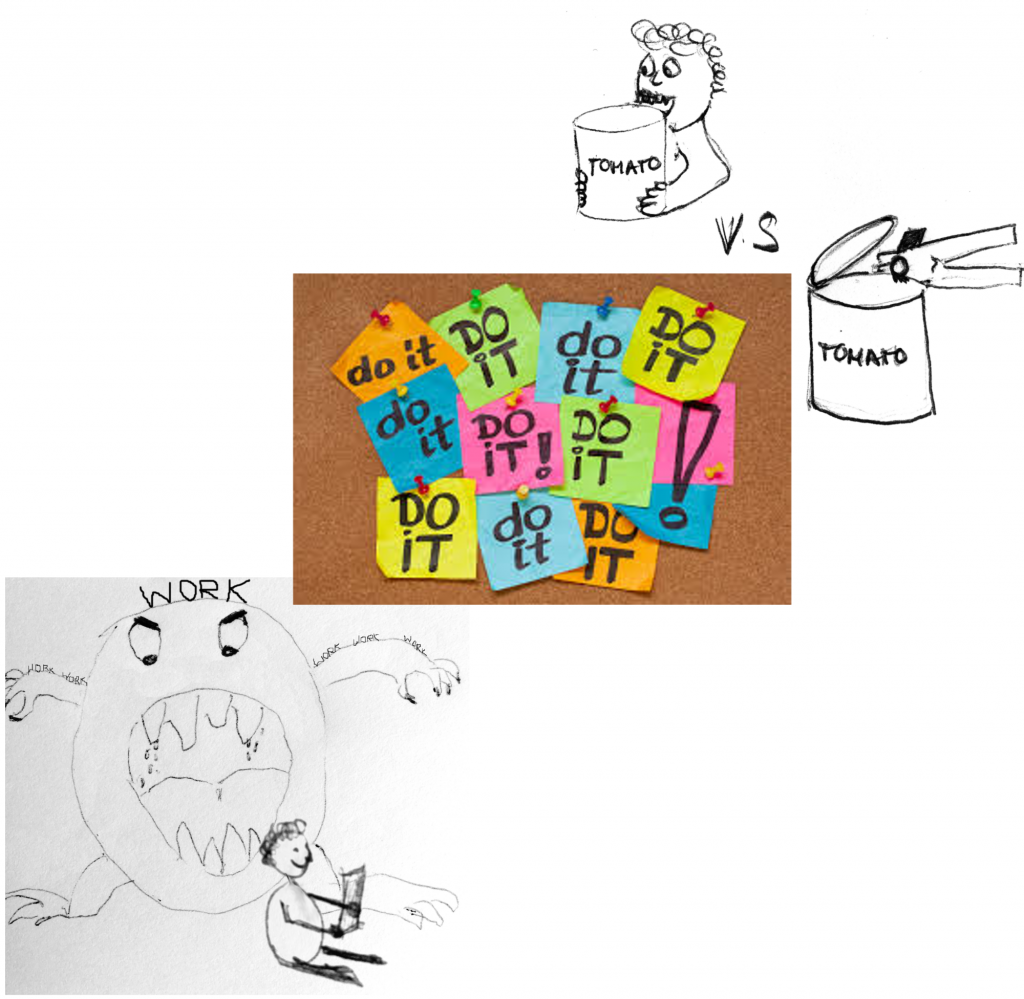Blog
Life management – Part 1
After a timeout with my family for a year, I am happy to have the opportunity to work as a scientific lab manager again. Here I’m going to share some of my experiences I take from home to be more efficient at work.
A small note about myself: I have 3 kids (5, 3 and 1/2 years old), I work at University on Mondays, Wednesdays and Fridays, my husband works in Berlin Tuesdays early morning to Thursdays night. So there is a lot of management to be done at home.
Part 1: Time management
For this topic I would like to post a typical week’s schedule of mine:
My days start the evening before, preparing the kids’ stuff for the following day according to their schedule (e.g. Kindergarten (every morning), preschool (either in the forest (Mo) or indoors (Tue)), music class (Thr) or swimming class (Fr). In addition, I have to prepare my stuff for work: as I am still breastfeeding, the most important thing for me right now is not to forget any part of the milk pump consisting of 6 parts. These parts have to be sterilized beforehand.
The actual day then starts at 06:00 with having breakfast. To save time and trouble in the morning, I shifted showers from the morning to the evening – in the morning, the risk of waking up one of the kids is very high.
At 06:30 I wake up the kids and assist them with getting dressed. This step requires a good time management including extra capacity in case of any crisis – be it because the socks don’t fit anymore or because the pants’ label is in the front again. Firstly, stay calm! I calculate plus 2 minutes per child to deal with such situations: to choose another pair of socks or to help turn the pants’ label face backwards. Once you or the kids are stressed – and believe me, this has happened to me quite often – you lose an additional 10 minutes to calm down all parties involved (including yourself).
One very important thing in the morning scene is to be able to judge who is the most tired/hungry/needy, so whose inquiry is the most urgent. This reduces the risk of losing patience by a lot!
At 07:00 I bring the kids to daycare. Here the same rules about time management apply as before. You face a crying kid missing a random stuffed animal. Now, would you walk back home? You might think “no way, how important can this teddy be? You have already the bunny!!” But better think twice before acting. You can chose: 2 minutes of walking back home to get the blue teddy bear or facing 10 minutes of heavy heart breaking crying. And, in the end, you will probably walk back anyway!
At 07:25 the train for work leaves.
At 18:30 I pick up the kids from daycare, make sure dinner is ready at 19:00 to be able to put the kids to bed at 20:00. Of course the schedule is tight and the times are only guidelines. However, sticking to these times makes it easier to keep the mood up for all of us (e.g. not becoming too hungry or too sleepy). Therefore, I developed quite a good feeling for how much time a task requires, and foresee how many tasks a project consists of so I can increase my time management skills.
Messages to transfer to the work setting for improved time management skills.
Stay calm: It may happen that 4 people want something from you at once – judge quickly whose needs are the most urgent.
Stay organized: Even if it feels like taking ages to do inventory or to tidy up properly, it will save so much time to know the whereabouts of things when you need them.
Don’t procrastinate: Take care of everything that can be accomplished easily immediately – it might be that there will be no time later to do it or you will forget about it. In my case at home: Things may not get done later because then I may have to breastfeed, feed the older kids, make sure that they don’t kill each other, calm them down in case they did it anyway, bring the kids to sleep or maybe I will be simply too tired. And no, the “work monster” is not going away by ignoring it.
Keep track of your tasks. And yes, at the moment for me it is post-its.
Use appropriate tools to reduce complexity of incoming tasks. It makes your life much easier.

The most important thing in my eyes is this: don’t let the never ending tasks get you down. Even if there are days when you think you failed on every incoming task, and you have no clue about where your time ran, try to take matters into your hands. Sometimes you have to slow down to become faster.
I’m using this blog partially to analyze my life, to reflect what I accomplish at home and what I can actually learn from it. I don’t just run after kids from 06:30 till 22:00. There is a lot more to family life; it makes me stronger and more efficient at work. This is the start of a blog series about what I learn from home to increase personal skills useful at work.
